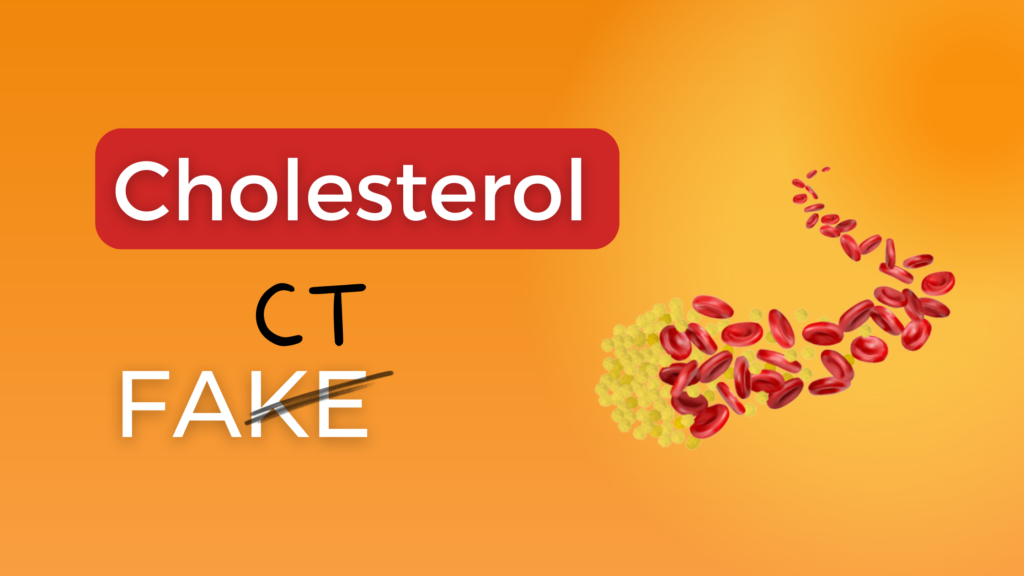Search for tests or checkups
SupportHow Long Do Food Allergy Symptoms Last? What to Expect

Food allergies affect millions of people, and they can trigger a wide range of reactions—from mild itching to life-threatening anaphylaxis. One of the most common questions people ask is: how long do food allergy symptoms last? The answer depends on the type of allergic reaction, the food involved, and your body’s immune response.
In this blog, we break down what to expect, symptom timelines, and when to seek medical care.
What Is a Food Allergy?
A food allergy occurs when your immune system mistakenly reacts to a specific food protein as if it were harmful. This leads to the release of chemicals like histamine, causing allergy symptoms. The most common allergens include:
- Milk
- Eggs
- Peanuts
- Tree nuts
- Shellfish
- Fish
- Wheat
- Soy
Timeline of Food Allergy Symptoms
Symptoms typically appear within minutes to 2 hours after consuming the allergen, but some reactions can be delayed up to 6–8 hours, especially in children or in non-IgE-mediated allergies.
Mild to Moderate Reactions (Lasts a few hours to 1 day)
- Itchy mouth or throat
- Hives or rash
- Swelling of lips, face, or eyes
- Nausea, vomiting, or stomach cramps
- Diarrhea
These symptoms usually resolve in a few hours once the allergen is cleared from the body, especially if antihistamines are taken promptly.
Severe Allergic Reactions (Can last 1–3 days or more)
- Difficulty breathing
- Wheezing
- Swelling of tongue or throat
- Drop in blood pressure
- Dizziness or fainting
This is known as anaphylaxis and is a medical emergency. Symptoms often occur within 5–30 minutes and require immediate treatment with epinephrine.
Delayed or Extended Symptoms
In some cases, symptoms like hives, fatigue, or abdominal discomfort may linger for up to 2–3 days, especially if the immune system remains sensitized or inflammation continues after the initial exposure.
Food Protein-Induced Enterocolitis Syndrome (FPIES)
This is a non-IgE-mediated allergy, typically in infants. Symptoms such as vomiting and diarrhea may appear 2–6 hours after eating and can last for 24–48 hours.
Chronic or Cumulative Reactions
Some individuals experience low-grade but persistent symptoms like eczema flare-ups or digestive issues due to repeated exposure to food allergens. These may take days or weeks to resolve once the allergen is eliminated from the diet.
How Long Until the Allergen Leaves the Body?
It depends on metabolism and how much of the allergen was consumed. Typically, your body clears food proteins within 24–48 hours, but the allergic inflammation may persist longer depending on severity.
Factors That Affect Symptom Duration
- Severity of allergy
- Amount consumed
- Age and metabolism
- Use of medications like antihistamines or steroids
- Underlying gut health or chronic conditions
Treatment and Recovery
- Antihistamines: Help reduce hives, itching, and swelling
- Epinephrine: Emergency treatment for anaphylaxis
- Hydration: Especially after vomiting or diarrhea
- Rest and inflammation care: To help the body recover faster
When to See a Doctor
Seek medical help if:
- Symptoms last more than 24–48 hours
- You experience wheezing, swelling of the throat, or breathing difficulty
- Symptoms worsen despite antihistamines
- You’ve had a reaction to the same food in the past
Prevention Tips
- Always read food labels
- Avoid cross-contamination when cooking
- Carry emergency medications if you have known allergies
- Educate family and caregivers about your triggers
Testing for Food Allergies
To confirm food allergies and understand triggers, consider:
Most food allergy symptoms resolve within a few hours, but severe reactions can linger longer. It’s important to know your triggers, act quickly during reactions, and consult your doctor for proper allergy testing and management.
Get Allergy Testing at Home with Orange Health Labs

Understand Cholesterol – Fake or Fact?

Amazon Fuels Orange Health’s Growth with $12M Investment
